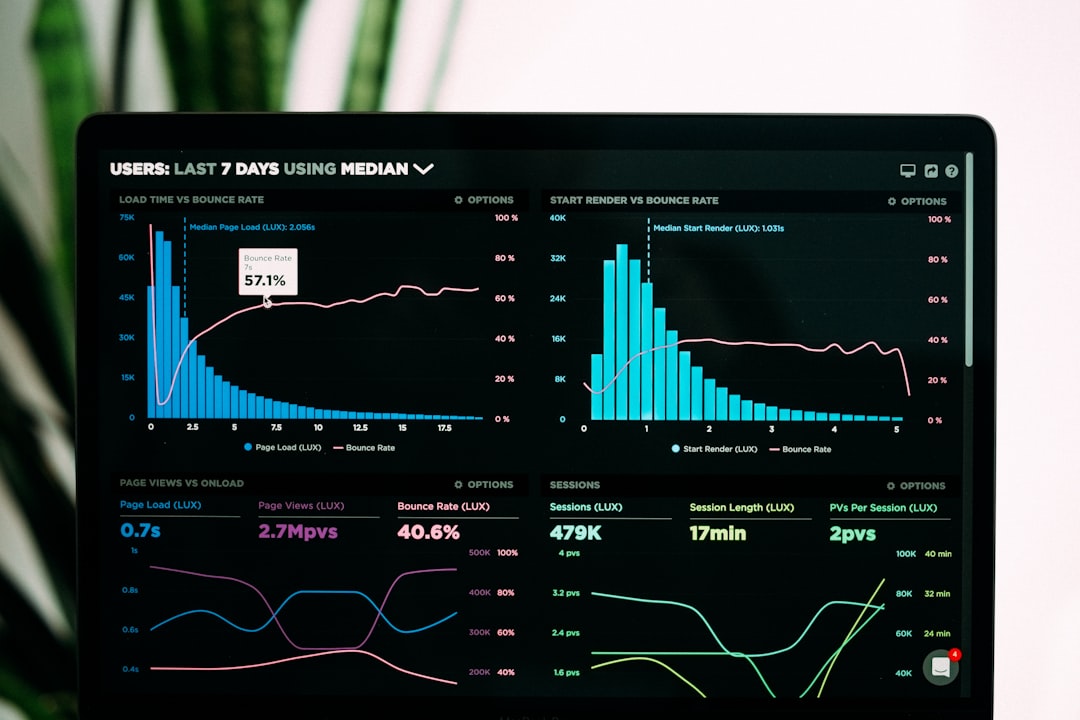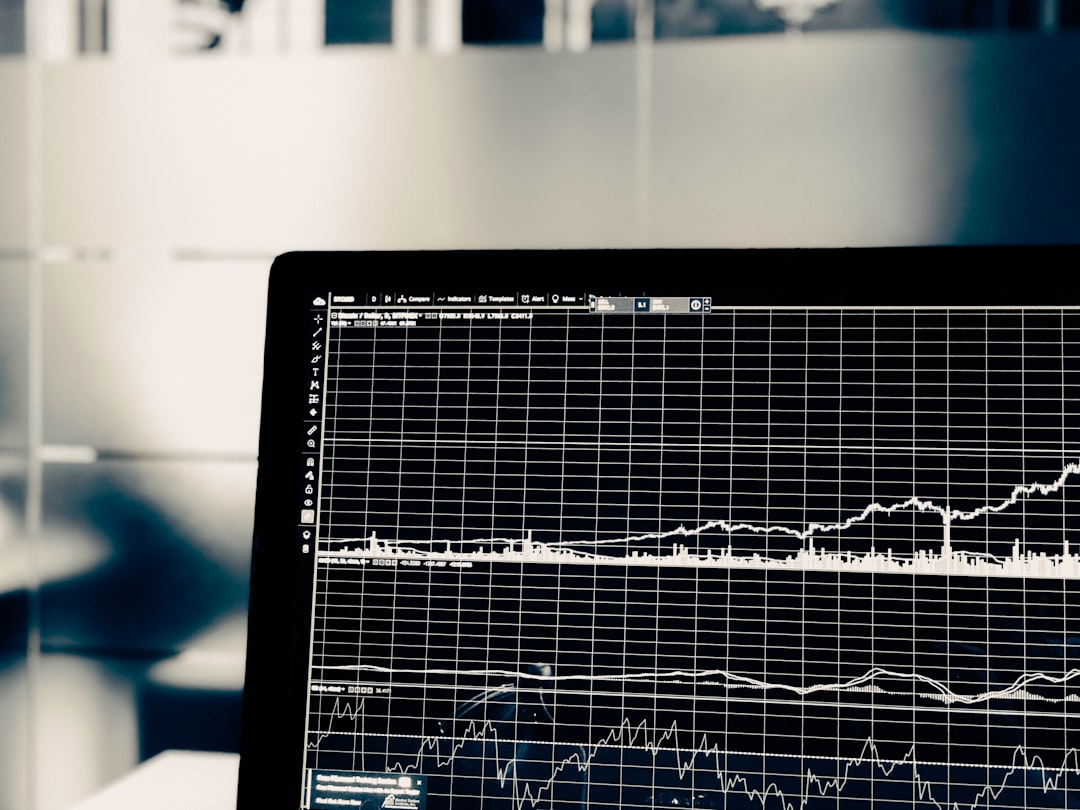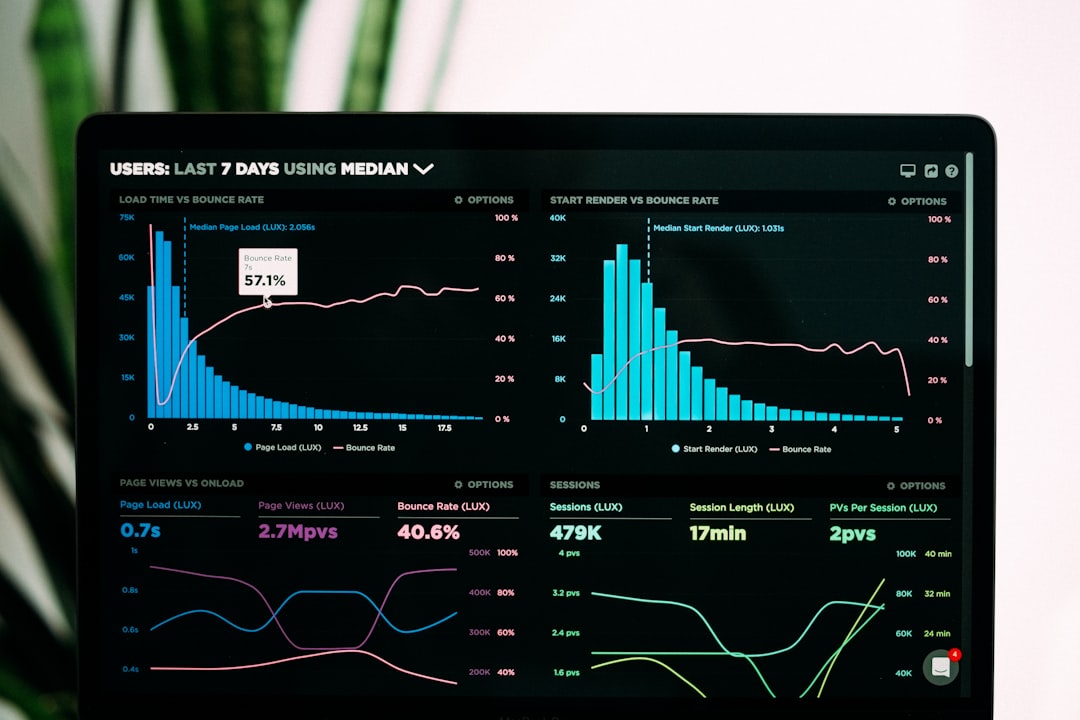Proposed Schedule A Occupations Update Impact on Financial Auditing Sector
Proposed Schedule A Occupations Update Impact on Financial Auditing Sector - Regulatory Changes Reshape Financial Auditing Landscape
The landscape of financial auditing is undergoing a dramatic transformation driven by a wave of new regulations. The year 2024 brings a heightened focus on compliance, pushing firms to navigate a more intricate and demanding regulatory environment. Organizations are confronted with stricter demands, especially regarding data management practices and the prevention of money laundering.
Beyond simply meeting existing regulations, firms are now expected to proactively adapt to shifting expectations. This includes a greater emphasis on demonstrating accountability, fostering stakeholder trust, and upholding responsible business practices. Auditors will face growing pressure to provide assurances not only on financial matters but also in the emerging area of non-financial compliance, including areas like environmental, social, and governance (ESG) factors.
The call for enhanced resilience and robust risk management further complicates the auditor's role. Maintaining a clear understanding of a firm's operational intricacies, both historically and with a forward-looking lens, becomes paramount to successful navigation of this evolving regulatory landscape. The changes suggest a potential shift towards a stricter regulatory approach, demanding that auditors and the businesses they serve remain adaptable and vigilant to the evolving expectations.
The financial landscape is being fundamentally reshaped by a wave of regulatory adjustments, many of which directly impact the auditing profession. We're seeing a push for auditors to possess a deeper technical understanding, especially in areas like data analytics and AI. This shift could drastically alter the way traditional audits are conducted, potentially leading to a more data-driven approach.
This heightened regulatory focus is also accelerating the adoption of automated auditing tools. While this automation could potentially reduce human error and improve efficiency, it raises concerns about job displacement and the necessity for auditors to acquire new skills in managing these systems. It seems like a tradeoff we have to weigh carefully.
Transparency is another key theme in these regulatory changes. Auditors are being asked to provide more context beyond just the numbers. They need to consider the broader narrative and the story behind the data, adding a layer of interpretation to their work that wasn't as central before.
Regulatory agencies are also embracing technology, particularly AI, to enhance their monitoring capabilities. This move toward real-time compliance monitoring could fundamentally change the audit cycle, possibly leading to continuous audits rather than periodic ones. The implications of this for both auditors and the audited entities are worth exploring.
The emergence of blockchain in financial transactions has also brought about a reassessment of audit practices and standards. Regulators need to rethink how they verify transaction integrity in this new environment, and the implications of blockchain for auditing processes are yet to fully unfold.
Remote auditing, driven by recent events, has introduced its own set of complexities. New regulations are surfacing to address data security and privacy issues in this evolving domain. Safeguarding virtual auditing environments will be crucial to ensuring the integrity of the audit process.
The interconnectedness of global finance creates a ripple effect for audit standards. Changes in one jurisdiction can reverberate across borders, impacting multinational corporations with complex compliance obligations. Navigating this tangled web of regulations across various countries will require a lot of flexibility and attention to detail.
Cybersecurity is quickly becoming a core component of financial audits, reflecting the ever-present threat of cyberattacks. Auditors now need to possess specialized knowledge to evaluate the security of financial systems, adding another dimension to their skillset.
The push for increased accountability in finance has translated to harsher consequences for non-compliance. The stakes for auditors are undeniably higher, as failing to meet regulatory requirements can now result in more severe penalties.
Finally, the regulatory changes we're seeing are elevating the importance of internal auditors. Their role is shifting from mere compliance checkers to active contributors within the overall governance framework of an organization. This shift places a new emphasis on the value of internal audits and their integral function in creating a robust and secure financial system.
Proposed Schedule A Occupations Update Impact on Financial Auditing Sector - Technology Integration Transforms Audit Processes
The way audits are conducted is being fundamentally changed by the increasing use of technology. Auditing firms are adopting tools like robotic process automation and artificial intelligence, moving away from manual, paper-based methods. This shift is leading to faster audit cycles and a decrease in the time and effort needed to complete them.
However, as businesses embrace a digital-first approach, auditors need to adjust to these changes. This includes learning new ways to perform audits while also keeping up with shifting client expectations and industry standards. Not only does this technology change *how* audits are done, but it also requires auditors to learn how to work with complex technological systems.
While these changes can make audits more efficient, there are also challenges that come with them. These challenges include managing and accounting for the use of the new technology, as well as ensuring that auditors continuously update their skills and knowledge to stay relevant in a quickly changing field.
The way audits are done is changing rapidly due to technology. We're seeing a shift towards continuous monitoring of financial data, making it possible to spot issues much quicker than the old method of periodic checks. This is partly due to advancements in machine learning which are starting to allow for a review of entire datasets, rather than just a sample. It's a really interesting possibility for improving audit accuracy, but we have to consider the implications of relying on these models.
Another big change is the automation of reviewing documents, which can be done now using tools that understand language. While this can free up auditors to do more high-level work, there's a question about the loss of human understanding in that part of the process. We also see changes in how audit results are presented. Tools for visualizing data are improving, allowing for faster identification of trends and potentially risky situations.
The whole idea of what an audit is has to evolve due to the growing importance of cybersecurity. Auditors aren't just looking at the numbers anymore. They also need to evaluate how secure the systems are that hold those numbers. We're in a world where data breaches are a serious risk, so this development makes sense.
There's also a change in the attitude towards risk, thanks to these more sophisticated analytical tools. Auditors can potentially identify risks before they become major problems. This move from being reactive to being proactive is a key development. Blockchain is another area that's causing us to reconsider traditional approaches. Auditors have to find ways to verify transactions in a decentralized, permanent system like blockchain, which is quite different from how they've always worked.
Cloud-based systems are also altering collaboration during audits. It's easier than ever for auditors and others involved to work together and access data no matter where they are. We can even explore the effects of strategic decisions on finances through simulations, thanks to technology.
All of this technology is great, but there's a flip side: the amount of data we deal with is growing at an incredible rate. Auditors need to be adept at handling massive datasets, requiring them to have a strong understanding of data analytics. It's clear that in the future, auditors will need a range of skills beyond what was traditionally required. It's definitely a challenge, but also a great opportunity for the profession to adapt and develop new practices.
Proposed Schedule A Occupations Update Impact on Financial Auditing Sector - PCAOB Expands Auditor Responsibilities and Expertise Requirements
The PCAOB has proposed changes that broaden the responsibilities and required skills of auditors. This shift emphasizes a more proactive approach to evaluating how well companies are following laws and regulations, with a special focus on identifying and preventing fraud. A new auditing standard, AS 1000, outlines the general duties of auditors and emphasizes the importance of finding and reporting instances where companies may not be complying with the law (NOCLAR). The PCAOB's goals with these changes are to improve the quality of audits and protect investors. The changes are expected to take effect quickly and come at a time when the use of technology in auditing is rapidly increasing. Therefore, auditors will need to be skilled at using advanced data analysis methods in their work.
These expansions of auditors' roles underscore an increased emphasis on accountability and necessitate that auditors gain advanced technical knowledge, particularly in areas like data analysis and understanding cybersecurity threats. As the industry adjusts to these new requirements, it will be critical for both auditors and the businesses they examine to adapt to a more challenging financial environment.
The PCAOB has introduced substantial changes to what auditors are responsible for, particularly when it comes to evaluating if a company is following laws and regulations, including the detection of fraud. This push for greater auditor responsibility is creating a need for auditors to develop expertise in areas like analyzing data and using artificial intelligence, fundamentally changing the skillset required for effective auditing.
A new auditing standard, AS 1000, has been established, outlining the general duties of auditors during audits. Proposed changes aim to strengthen the duties of auditors when identifying, assessing, and communicating situations where laws and regulations aren't being followed.
These amendments to PCAOB Rule 3502 are intended to improve audit quality and protect investors, becoming effective shortly after they are approved. The changes clarify how auditors should use technology when conducting audits, something that's become increasingly important with the greater use of digital tools in business.
Interestingly, the PCAOB is holding in-person discussions centered around auditing smaller businesses and those related to brokerage. They hope that by engaging with those smaller segments of the industry they can gain a more nuanced understanding of the changes' impact on those sectors. These shifts broaden the role of auditors beyond their traditional duties, aiming to foster a more robust understanding of compliance within financial audits.
The updated standards are a way for the PCAOB to modernize the old interim standards that were developed early on, nearly two decades ago. They aim to build a new, risk-based way to approach quality control within auditing practices. The updates are a clear indication that the PCAOB is committed to improving the effectiveness and accountability of auditors working in financial auditing.
The PCAOB is also pushing auditors to take on a broader level of legal accountability. There's now a heightened chance for penalties or other consequences if audits don't meet the new, stricter standards. This is an important change that could impact how audits are performed, given the increased stakes. Audits are being reimagined to move towards continuous auditing. This is a huge shift, and while it increases transparency, it also introduces the difficulty of overseeing complex operations constantly.
There's a clear emphasis on cybersecurity as a core competency for auditors. The growing frequency of cyberattacks means auditors need to understand how to assess not just the financial data, but also the systems that protect that data, creating a blend of auditing and technical security knowledge.
Blockchain's presence within financial transactions forces auditors to reconsider how they verify information. It poses a challenge to traditional audit methods, given blockchain's decentralized and permanent nature.
While automation tools offer exciting efficiency gains through the processing of large datasets, it's important to consider the potential for decreased reliance on human judgment. It's a balancing act that requires careful thought. Auditors need to manage the complexities of an interconnected global regulatory environment, since regulations in one part of the world can have implications in others.
The use of machine learning now enables analysis of full datasets, rather than just smaller samples, which could increase accuracy but raises questions about the validity of decisions based on algorithms. The importance of internal auditors has been emphasized as their role transitions from simple compliance checks to an integral part of how an organization governs itself.
The broader emphasis on accountability goes beyond traditional financial metrics. Auditors must communicate about non-financial compliance, which means expanding their communication and reporting obligations. It's becoming a more complex task with stakeholders who want insights into how non-financial compliance relates to the broader organization and its overall purpose.
Proposed Schedule A Occupations Update Impact on Financial Auditing Sector - Climate-Related Disclosures Alter Financial Reporting Standards
The financial reporting landscape is undergoing a shift due to the increasing importance of climate-related disclosures. New regulations from the Securities and Exchange Commission (SEC), slated to take effect in 2026, mandate that publicly traded companies provide detailed information about how climate change could affect their finances. This includes both the physical risks of climate events and the economic shifts related to transitioning to a lower-carbon economy. The SEC's goal is to create a more transparent and standardized way for companies to present climate-related risk information to investors, helping them make more informed decisions. This means emphasizing the material impact these risks have on company operations and overall financial health.
Interestingly, the final rules simplified some of the reporting burden by removing the requirement for companies to disclose Scope 3 emissions, indicating a potential effort to make reporting less cumbersome. Despite this, it's clear that the regulatory landscape around climate change is evolving, and companies will have to adapt. The implications for financial auditors are significant. They will have to become adept at assessing the impact of climate change on the financial health of their clients, which could require a considerable shift in their skillsets and expertise. The future of financial reporting seems intertwined with how companies manage and disclose climate risks, and auditors will need to stay at the forefront of this change.
The Securities and Exchange Commission (SEC) is requiring companies to disclose details about their climate-related financial risks starting in 2026, potentially impacting as much as 30% of their traditional financial reporting. This could require auditors to rethink how they assess a company's overall financial situation. It looks like we're moving towards a brand new reporting framework, possibly needing auditors to check if disclosures are in line with scientific measures like carbon intensity. This shift might mean auditors need to become experts in fields like sustainable accounting standards, a subject area not traditionally at the heart of their expertise.
The reliance on descriptions and qualitative information in climate-related disclosures raises questions about how objective the audit process will be. There's growing discussion about the need for standardized ways to measure things to ensure that companies are evaluated fairly and consistently. The role of auditors is changing; they won't just be responsible for the accuracy of financial numbers but also how effectively a company is putting its environmental plans into action.
We may even see regulations for 'green bonds' develop, which could mean auditors verify the environmental aspects of those investments, not just the money part. Financial institutions are starting to judge credit risk based on climate-related disclosures, highlighting a real need for auditors to understand how climate-related issues could affect a company's finances. Implementing new audit standards for climate-related disclosures could make auditors more legally exposed. If they don't verify the non-financial details of these disclosures well enough, they could be sued.
Climate risk is becoming a major factor in deciding whether or not to buy or merge with a company. This suggests auditors need to broaden their due diligence to include sustainability considerations. As auditors adapt to these climate-related disclosures, their training will probably put more emphasis on crossing different fields of knowledge, like finance, environmental science, and compliance. The goal is to meet these constantly evolving regulatory demands. This interdisciplinary approach presents a new challenge and a new area of focus for the field of auditing. It will be fascinating to see how the profession adapts to these new, complex demands.
Proposed Schedule A Occupations Update Impact on Financial Auditing Sector - SEC Finalizes New Rules Impacting Auditing Practices
The Securities and Exchange Commission (SEC) finalized new regulations in August 2023 that are poised to impact how auditing is done, especially for those managing private investment funds. These rules focus on making information more available to investors regarding expenses and the funds' performance. The SEC is hoping this increased transparency will build greater trust in the financial industry. Some parts of the new regulations go into effect quickly, just 60 days after being formally published, highlighting a faster pace of regulatory changes in the financial world. This push for greater transparency was not universally accepted, as it was approved by the SEC along a narrow 3-2 vote. Going forward, auditors must adjust to a more demanding regulatory environment where demonstrating compliance and responsibility are paramount.
The SEC's recent rule changes, finalized in 2023 but with implications unfolding now, represent a substantial change in the auditing world. It's not just about numbers anymore; auditors are now expected to verify a much wider range of compliance matters, going beyond the traditional financial statement audit role. This shift requires a reassessment of the core responsibilities and skillsets of auditors, making their work more complex.
With the arrival of sophisticated data analytics tools, the way auditors review data is also being transformed. Moving beyond sampling methods to analyzing full datasets increases accuracy, but also raises concerns about over-reliance on algorithms and whether human insight is still central. There's a tradeoff to be considered there.
The PCAOB has made some significant changes to the rules surrounding audits. Auditors now face tougher consequences if they don't follow these new requirements. The increase in penalties and legal accountability is a major change in the field, and it's likely to make auditing more cautious and deliberate.
The concept of "continuous auditing" has also emerged, and it signifies a big shift. With continuous auditing, transactions are monitored constantly instead of periodically, changing how audits are performed. This could potentially blur the lines between auditing and overseeing operations, leading to new questions about the role of the auditor.
Cybersecurity is another area getting much more attention now. Auditors are required to understand not only financial data but also the systems that protect it. This reflects the growing threat of cyberattacks and the importance of maintaining data security. It's a blending of traditional audit and IT security skills that is increasingly important.
The proposed AS 1000 standard is also interesting, as it creates a new framework that outlines the responsibilities of auditors in detecting non-compliance and fraud. It signals a move towards more proactive fraud detection, requiring auditors to actively look for issues rather than simply reacting to them when they're found. That's a shift in thinking and operating procedures that I think is worth paying attention to.
The decentralized nature of blockchain technology presents a substantial challenge to traditional audit practices. Auditors can't just follow the path of a traditional ledger; they need to figure out new ways to confirm the accuracy of transactions in a system where the information is widely distributed and immutable. It's likely to involve new approaches and new tools.
The drive for more transparency in financial reporting pushes auditors to go beyond just the numbers. They must also provide context and insights into compliance and operational efficiency, crafting a more narrative-based report. It requires a shift from a purely technical to a more descriptive and communicative approach to audits.
Compliance concerns aren't limited to the strictly financial anymore. Auditors must understand and communicate about non-financial disclosures, which means tackling matters outside their usual expertise, like ESG issues. This creates a demand for auditors who can work across multiple disciplines, adding another layer of complexity to their role.
The evolving role of the auditor will require a continuous learning curve for future professionals. They'll need a robust understanding of data analytics and technology as much as the regulatory environment, creating a different type of auditor compared to the past. This will shape the future of auditing as the field adapts to a changing regulatory and technological landscape.
Proposed Schedule A Occupations Update Impact on Financial Auditing Sector - Continuous Auditing Trend Emerges in Financial Sector
A notable shift is occurring within the financial sector with the rise of continuous auditing. This approach moves away from traditional, snapshot audits, instead embracing ongoing monitoring of financial operations throughout the year. This shift is driven by technological advancements allowing for the nearly instant review of financial data, creating a more dynamic and responsive audit environment. The hope is that continuous auditing enables more effective monitoring of accounting practices, as well as risk and compliance issues.
The idea is to allow auditors to spend less time on routine tasks and more on higher-level strategic decision-making related to the core financial health of organizations. Yet, despite the recognized advantages of continuous auditing, implementation lags behind the understanding of its benefits. Many acknowledge its potential, yet few fully apply it within their organizations.
It remains to be seen how widespread continuous auditing adoption will become and how this method will permanently change the way audits are conducted. It's important that auditors recognize the growing importance of this approach in order to navigate the evolving demands of a rapidly transforming financial world.
Continuous auditing represents a significant shift from the conventional, periodic audit approach. Instead of snapshots at specific points in time, it's about continuous monitoring of financial activity. This change, while potentially improving fraud detection, also raises new questions about the role of the auditor in real-time financial processes.
This shift is largely driven by the advancements in technology, particularly tools like machine learning and AI. These tools allow for the analysis of entire datasets, a significant departure from the traditional sampling methods used in traditional audits. While this has the potential to improve audit outcomes significantly, it also means auditors might become over-reliant on these systems, a factor that warrants scrutiny.
One of the challenges this shift introduces is the need for organizations to adapt to more frequent, continuous auditing. This is especially critical as regulatory environments grow more complex and demanding, requiring firms to be adaptable and precisely execute their compliance efforts.
Given the continuous nature of auditing, auditors face increased accountability for their findings and methods. The consequences of mistakes or oversights have become more severe, with potentially harsh penalties associated with inaccuracies. This shift creates a higher-stakes environment for auditors and necessitates a careful and comprehensive approach to their work.
The move toward continuous auditing also means auditors need a broader skill set beyond traditional financial knowledge. Areas like cybersecurity, data analytics, and specific industry regulations will become increasingly crucial for successful audits. Essentially, the requirements of the role are becoming broader and more multidisciplinary.
As companies strive for continuous oversight of their financial processes, the role of internal auditors becomes even more critical. Their function is moving beyond simple compliance checks to become a more integral part of an organization's decision-making process, highlighting the value of continuous monitoring built into an organization's framework.
Auditing in a blockchain environment is an interesting area. The immutable and decentralized nature of blockchain technology requires auditors to devise new approaches to verify transactions. This calls for a rethinking of traditional auditing methods to adapt to a technology where information is widely distributed and permanent.
Continuous auditing can reshape the relationship between auditors and their clients. It fosters closer collaboration and may lead to more open communication about compliance and financial practices. This constant engagement could lead to a stronger sense of trust between the parties, as the auditor is more involved in a company's activities on a more continuous basis.
One aspect to consider is that, as automated systems play a larger role in auditing, new risks are also introduced. The challenge is to ensure human auditors critically assess the output of these automated systems. Recognizing that even highly sophisticated AI and machine learning can have biases and potentially produce incorrect results is crucial.
The shift to continuous auditing will likely alter how audit findings are presented and communicated. Auditors may need to provide more detailed and narrative-based reports that incorporate both the quantitative data and qualitative assessments of the financial situation and compliance activities. This change allows for a deeper and more nuanced level of communication with stakeholders beyond traditional financial reporting.
More Posts from financialauditexpert.com:
- →AI-Powered Due Diligence Revolutionizing Risk Assessment in Contract Review
- →EU's Corporate Sustainability Due Diligence Directive Key Implications for Financial Auditors in 2024
- →Financial Implications of EMS Implementation A Cost-Benefit Analysis for Network Infrastructure Management in 2024
- →Schengen Visa Fee Structure A 2024 Update for Financial Planners
- →Understanding Credit Funds A Deep Dive into Their Structure and Investment Strategies
- →7 Critical Ways AI is Transforming Financial Audit Practices in 2024





